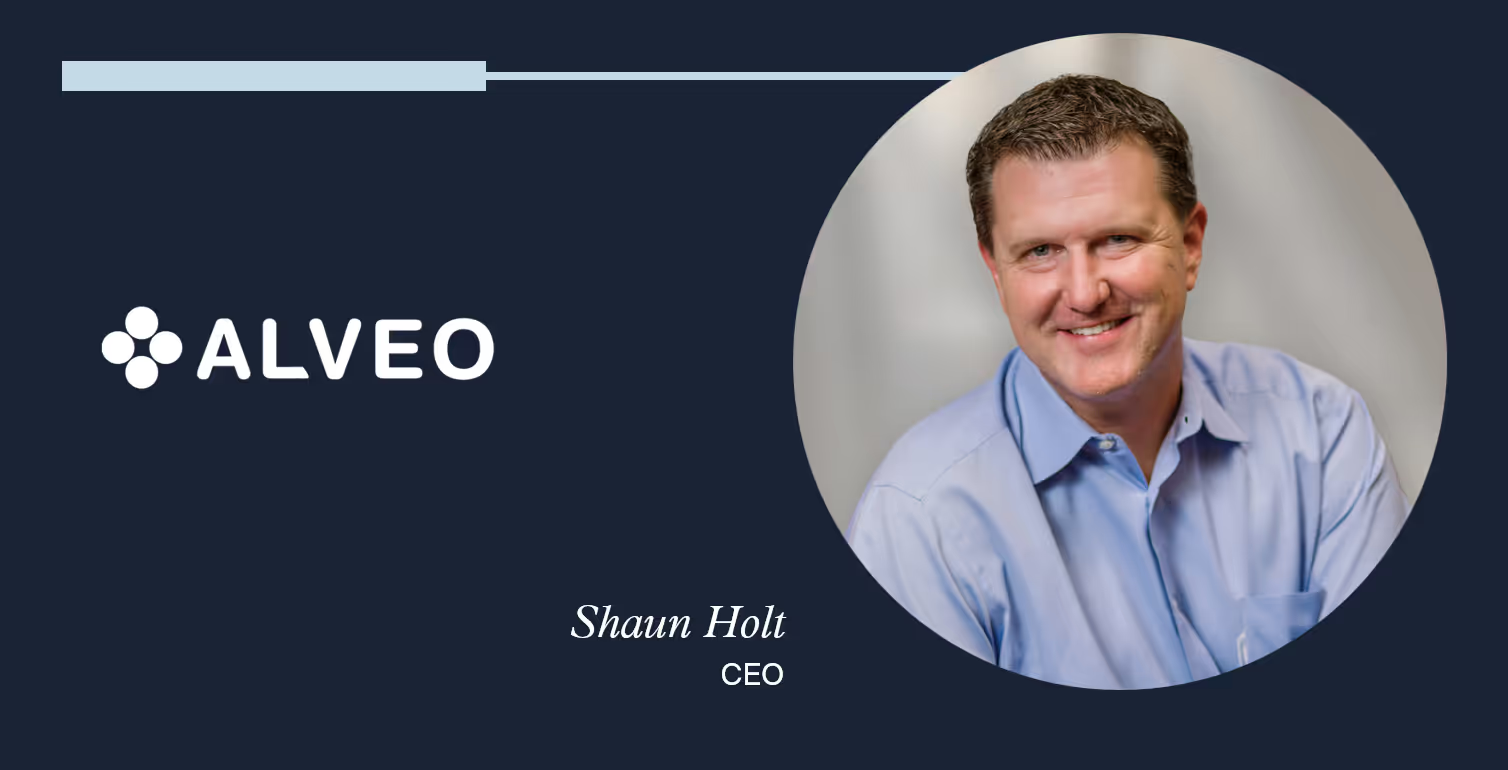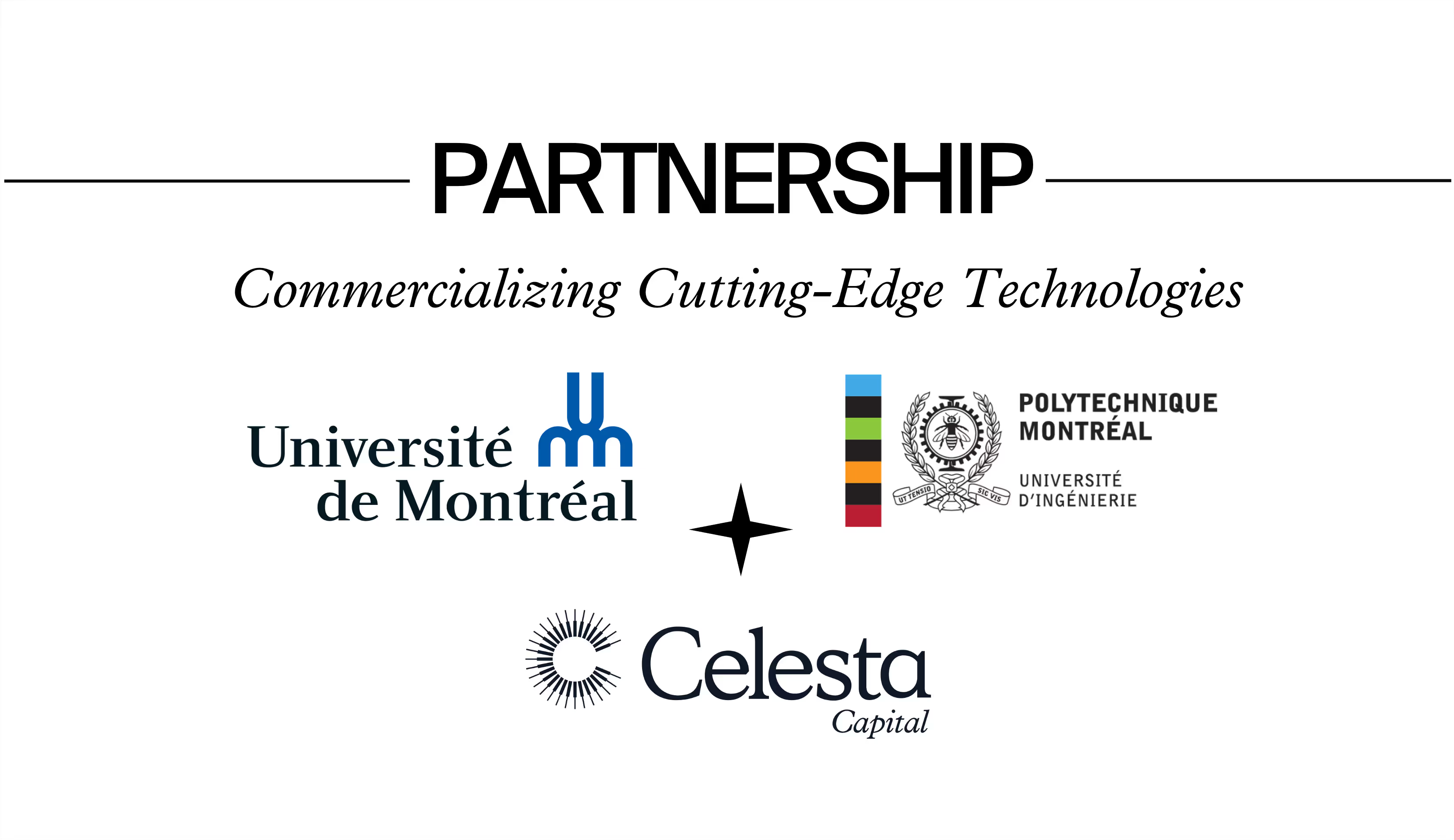Q&A with Celesta Associate Riddhi Daftary
Q&A with Celesta Associate Riddhi Daftary
With more than a decade of experience investing across Asia and Africa, Riddhi Daftary brings a uniquely global perspective—and deep operational insight—to her role at Celesta. As a venture investor with roots in emerging markets, she has seen firsthand the transformative potential of technology when applied to foundational challenges.
In this Q&A, we sit down with Riddhi to explore her path into venture capital, what excites her about deep tech investing, and why the people behind the ideas matter just as much as the technologies themselves.

With more than a decade of experience investing across Asia and Africa, Riddhi Daftary brings a uniquely global perspective—and deep operational insight—to her role at Celesta. As a venture investor with roots in emerging markets, she has seen firsthand the transformative potential of technology when applied to foundational challenges.
In this Q&A, we sit down with Riddhi to explore her path into venture capital, what excites her about deep tech investing, and why the people behind the ideas matter just as much as the technologies themselves.
Q: Can you walk us through your background and how you found your way into venture investing?
My entire career has been rooted in investing, primarily across the Global South. Over the past 12 years, I’ve worked in Asia and Africa. I began my career in corporate banking, but I quickly realized it wasn’t the right fit for me. I wanted to be closer to the action – closer to people, innovations, and the core of how businesses are built, scaled, and sometimes fail.
A senior colleague encouraged me to explore venture capital or private equity, though at the time, it was tough for women to break into the space. His advice was to strengthen my credentials with an MBA or a CFA. So I did both, and I've never looked back.
Before Celesta, I worked at a Swiss investment firm that managed around $3 billion in assets across emerging markets. I then joined a Dutch fund and later led the India VC arm of Sony Entertainment Talent Ventures. I also advised funds on investments in the Global South and consulted with Acumen to support fundraising efforts and investments in Africa.
What founders need most is a partner who won’t flinch during tough times. We know the pain points—and we don’t run away from them.
Q: Looking back, is there a career milestone you’re especially proud of?
Honestly, just breaking into the industry. Venture capital and private equity have long been male-dominated fields, especially in the regions I’ve worked in. I was often told, “You won’t survive—it’s not an industry where you can balance a career and a family.”
But I’m someone who takes that kind of skepticism as fuel. I set a goal, stayed focus, put in the work and 12 years later, I’m still here, doing what I love. I’m proud of the path I’ve carved and hope it makes the road a bit easier for others. Women juggle a lot— and more often than not, we excel at it.
Q: What does your role at Celesta look like, and what are you enjoying most so far?
I hit the ground running from day one, jumping right into deal work, which I love. I’m deeply involved across the board: evaluating new investments, working with our LPs, and working closely with portfolio companies to help them scale.
What I appreciate most is the breadth of the role. It’s fast-paced and multifaceted—I get to wear many hats and contribute end-to-end. I also love how collaborative the culture is. Everyone rolls up their sleeves here and that builds a deep sense of responsibility for outcomes.
Q: What do you think are the most important things deep tech companies should focus on as they scale?
Deep-tech companies are solving foundational problems that can redefine or transform industries, so it’s critical to get a few things right:
* Deep understanding of the market, the market size and the problem you are solving—Make sure the problem you're solving is real, urgent, and the target market is large enough to support a scalable business.
* Be laser-focused on the problem you’re solving while being flexible—focus is what enables you to build something that is differentiated and hard to displace. But stay flexible on how you might get there as the start-up journey is rarely linear – you have to adapt and re-invent as needed.
* Chart a path to sustainability—operational leverage must kick in at some point to make the business sustainable in the long run.
* Build a strong team—Execution is everything. You can have the best plan on paper, but without the right people, it won’t go far.
Q: What do you see as Celesta’s biggest value-add for early-stage companies?
Having worked across both early and growth-stage investing, I now fully appreciate how hard the early stage is. There are so many highs and lows, and what founders need most is a partner who won’t flinch during tough times.
Celesta’s biggest strength is that we’re operators first. Many of us have built companies, navigated financial crises, weathered downturns. We’ve seen these cycles up close and know what it takes to scale a business through uncertainty. That lived experience makes us more empathetic and better partners. We know the pain points—and we don’t run away from them.
Q: What makes this moment in tech investing particularly exciting for you?
Coming from emerging markets, I’ve always looked to the West as a bellwether for what’s possible. And right now, deep tech in particular is at an inflection point—it’s starting to solve the kinds of problems that can reshape our world.
In areas like healthcare and bioscience, we’re seeing innovation that could benefit millions of lives. Companies like Prellis, 1Cell.Ai, and White Rabbit—what they’re doing today will define what healthcare looks like a decade from now. That gives me so much optimism. We’re investing in more than companies—we’re investing in future paradigms.
Q: Are there any overlooked tech trends you think deserve more attention?
I wouldn’t say they’re overlooked, but sometimes we get too micro-focused. In biotech, for example, there’s heavy emphasis on early diagnostics or preventative care. That’s great, but we also need to zoom out and look at the full lifecycle—from diagnosis to treatment to post-care support.
With innovations in deep tech, an industry can be transformed or redefined but for this we need to identify gaps across the value chain and solve holistically—sometimes we miss opportunities because we’re only solving part of the problem.
Q: What are some of the key things you look for when evaluating a potential investment?
It all comes back to people. At Celesta, we understand the domains and the technologies—we have the technical chops. But at the end of the day, you’re betting on the people who are going to build the technology into a company.
This requires founding teams who are resilient, driven, and adaptable. These are long, often lonely journeys. I look for teams that I believe are capable, have a track record, and can execute. I also go deeper and evaluate the market size of the opportunity, the painful problem they are solving, their edge and of course, the business model and metrics.
Q: What are you reading or listening to these days for inspiration?
I love podcasts, especially when I’m driving. One of my favorites is Acquired by Ben Gilbert and David Rosenthal. They’re brilliant storytellers, and I enjoy how they weave together the origin stories, the struggles, and the strategy behind some of the most iconic companies.
It’s fascinating to hear how certain companies have evolved, especially ones that started before I was even born—and are still shaping the world today. It reminds me how much you can learn from the past when building for the future— there is no straight path to success.





